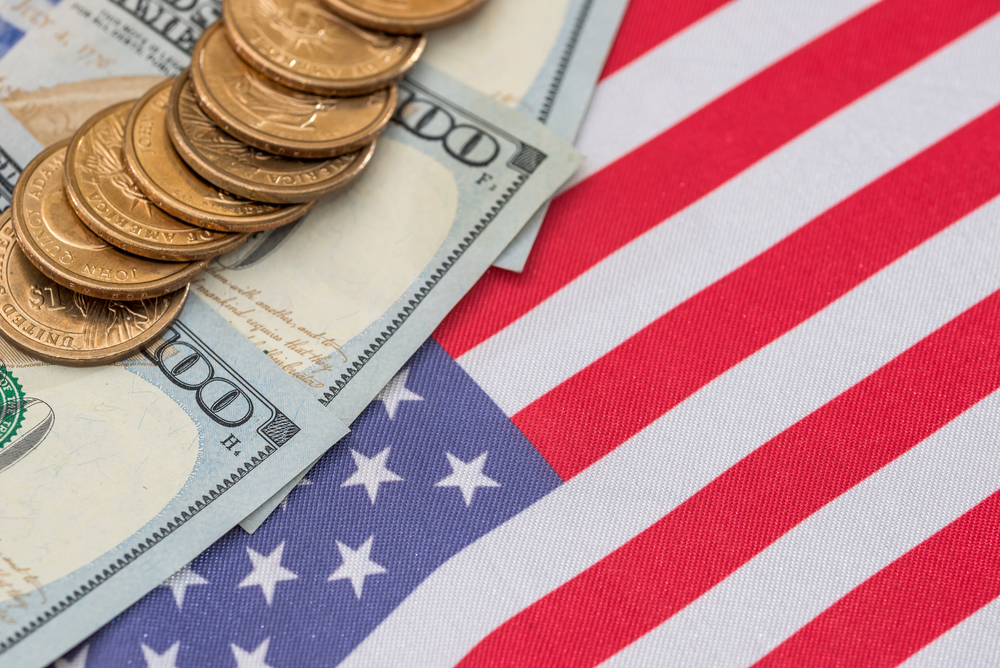When bitcoin and cryptocurrencies were first created, they were made to potentially replace fiat. The fact is that the Great Recession – which is when bitcoin was first introduced to the world – brought a lot of people’s confidence in standard money and institutions down, and cryptocurrency could have possibly served as the answer they were looking for. However, according to James Bullard – the St. Louis Federal Reserve president – the idea of crypto replacing standard fiat is never going to be a reality.
Bullard: We Have the Dollar, and It Will Always Live On
According to Bullard, the U.S. dollar is and always will be the world’s reserve currency. Sure, the asset is facing hardcore inflation right now, but he believes that bitcoin poses no threat to the currency and it is in no danger of being replaced. In a recent interview, he states:
I just think for Fed policy, it’s going to be a dollar economy as far as the eye can see. A dollar global economy as far as the eye can see, and whether the gold price goes up or down or the bitcoin price goes up or down doesn’t really affect that.
One of the big things that has really gotten in the way of bitcoin ever serving as a standard payment method for goods and services is the fact that it is so volatile. The currency risks losing everything overnight, and as a result, many retailers have turned their backs on BTC and other forms of crypto out of fear that they will lose too much profit at once.
As it stands, things are beginning to change in the sense that we now have companies such as Uber, Tesla and General Motors that have stated they are looking into potentially accepting crypto payments in the future. These are all major companies worth millions or even billions of dollars, and the idea of them accepting crypto payments at some point really pushes BTC towards mainstream territory.
You Can’t Pay for Anything with BTC Yet
But Bullard isn’t worried, nor is he convinced that bitcoin could ever be accepted as a way of paying for a cup of coffee or a box of tissues. He states:
Dollars can be traded electronically already, so I’m not sure that’s really the issue here. The issue is privately issued currency… You don’t want to go to a non-uniform currency where you’re walking into Starbucks and maybe you’ll pay with Ethereum, maybe you’ll pay with Ripple, maybe you’ll pay with bitcoin, maybe you’ll pay with the dollar. That isn’t how we do this. We have a uniform currency that came at the Civil War time.
While bitcoin is not quite there as a payment currency, it is now being viewed as a hedge tool of sorts; something that can potentially keep one’s wealth safe and sturdy during times of economic strife. In this sense, bitcoin has lost some of its speculative nature.



